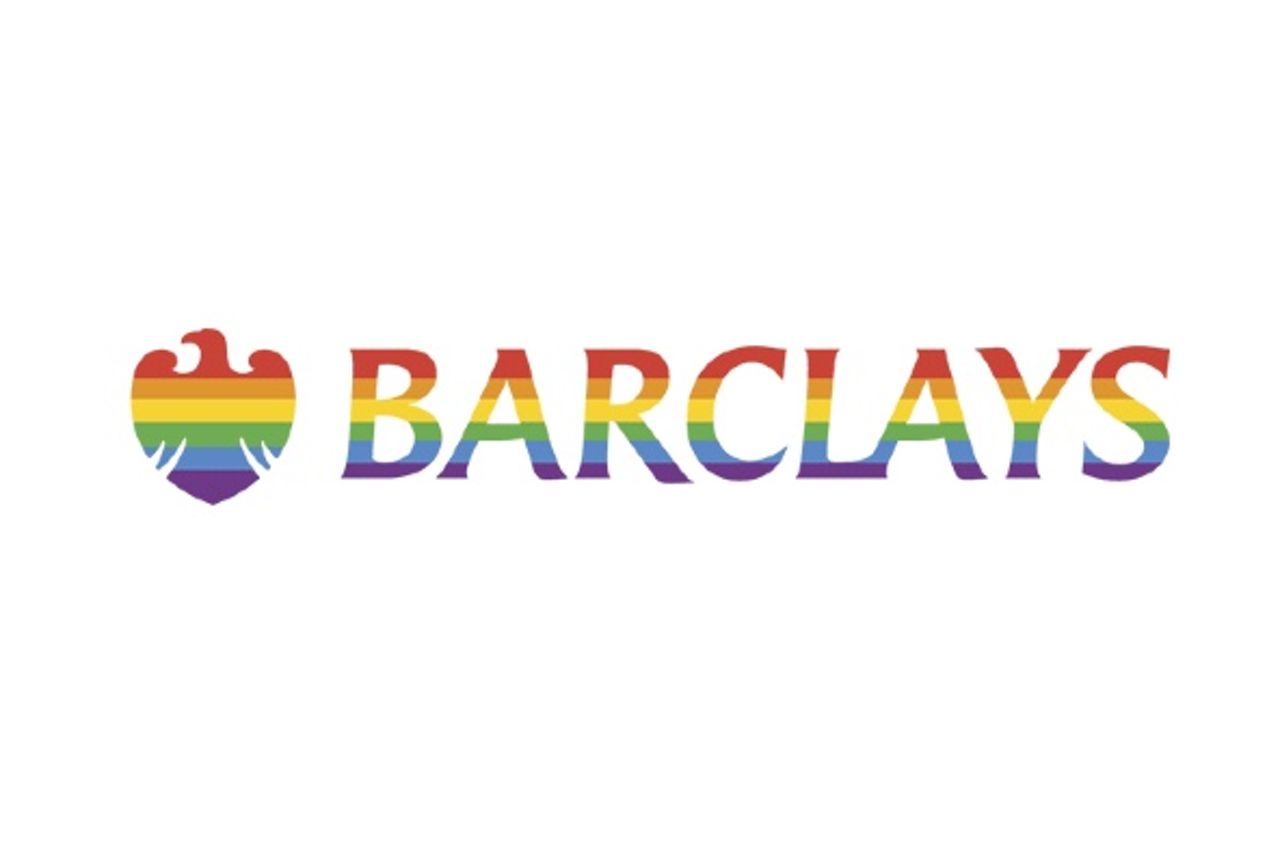Social purpose: awkward bandwagon or the perfect fit for your brand?
Joe Wade, writer, campaigner and co-founder of creative agency Don't Panic, takes a forensic look at greenwashing, rainbow-washing and other dubious corporate laundry behaviours and ponders how companies can aim to be genuinely ethical.
In recent years, social purpose has been heralded in brand circles as the holy grail – the righteous goblet you must drink from to achieve both immortality and a strong ESG rating.
However, it’s become increasingly clear that this is by no means a panacea, as corporation after corporation falls foul of its own principles and gets itself cancelled in the process. So, how do you know if a purpose-driven approach is a natural fit for your brand? And if it isn’t, how can you still make it work for you, while avoiding the many pitfalls?
If a big brand isn't greenwashing, it's woke-washing, sports-washing or rainbow-washing.
For businesses with an innate social purpose, this is more straightforward. The sustainable pensions start-up, Cushon, is a great example, putting your future first, both finance-wise and climate-wise. The average UK pension invests most of your money directly into fossil fuels, funding 330 million tonnes of carbon emissions each year, which is why Cushon has come up with the world’s first Net Zero pension; this is a brilliant USP that gets press, so there’s a consumer benefit, as well as a business one.
Another brand with an in-built purpose is Back Market, a marketplace for refurbished tech devices. Once again, its environmental angle is already baked in, meaning no-one is having a go at them for being filthy hypocrites.

UK pension schemes fund an estimated 330 million tonnes of carbon emissions every year.
This is far simpler for ethical start-ups. Legacy businesses, however, don’t find social purpose so easy. At their core, they tend to have inherent issues when it comes to doing good. Coca-Cola, for example, has found it difficult to reform the central tenets of what it does, which is understandable; when you’re a plastic polluter on a global scale, it can be tricky to convince people you’re socially-minded with a one-off marketing campaign.
Just because you talk a lot about “a world without waste”, doesn’t mean you’re helping to create one. In fact, Greenpeace has named the brand the world’s biggest plastic polluter. A report from 2019 revealed that Coca-Cola produces three million tonnes of plastic packaging a year – equivalent to 200,000 bottles a minute; around a fifth of the world’s PET bottle output. This, combined with the company's misleading claims about recycling, has now led to it being sued for deceptive marketing by Earth Island Institute.
Firstly, who exactly is learning about gender pronouns from a bank’s Twitter account?
As is the case with many things, it’s all about balance; putting out attention-grabbing purpose initiatives is great if you’re also working towards reforming the core issues of your business. Coca-Cola has failed to deal with its core issue, which is its production process, and has been widely accused of greenwashing. Of course, it is not alone. If a big brand isn’t greenwashing, it's woke-washing, sports-washing or rainbow-washing.
A good example of this is Barclays, which came in for criticism in 2019 for its Pride campaign celebrating the importance of gender pronouns. Firstly, who exactly is learning about pronouns from a bank’s Twitter account? More importantly though, Barclays’ second biggest shareholder is the Qatari Investment Authority; if you’re Muslim in Qatar, being gay is punishable by death. And the hypocrisy doesn’t stop there! On the gender front, the pay gap between men and women at Barclays is 43.2 per cent, up from 42.1 per cent in 2020.

Barclays' logo in support of 2019's gay pride had mixed reviews.
So, what's the solution?
As is the case with many things, it’s all about balance; putting out attention-grabbing purpose initiatives is great if you’re also working towards reforming the core issues of your business. Coca-Cola's main goal should be vastly reducing its plastic waste with ambitious yet achievable targets, rather than changing the colours of its Sprite bottles from green to transparent to make them more recyclable.
Morrisons owns the majority of its food packaging and processing plants, giving it far more credibility when it comes to food sourcing and preparation.
As campaigners have pointed out, this will make no difference to the waste problem, as Coca-Cola is still producing monumental amounts of plastic regardless of its colour. Plus, many countries don’t have the infrastructure to deal with this scale of recycling.
Legacy brands
There are legacy brands doing things the right way and taking this 'dual approach'. Levi’s has developed its own innovative finishing technique, Water<Less, which saves up to 96 per cent of the water used in the denim finishing process. It has made this process publicly available to other companies, encouraging industry-wide change. Jordans, the cereal brand, is also doing it properly, working alongside The Wildlife Trusts to inform its growers on how to improve the land and practise sustainable and restorative farming.
By launching eye-catching initiatives, you’re only doing part of your job, and this must be coupled with addressing your core issues.
The Jordans Farm Partnership assigns each farmer an advisor from their local wildlife trust to make sure at least 10 per cent of their land is managed for the unique mix of wildlife on their farm. Likewise, Morrisons changed its process to do tangible good, becoming the first of the UK’s big four supermarkets to be vertically integrated. This means it owns the majority of its food packaging and processing plants, giving it far more credibility when it comes to food sourcing and preparation, and staving off any of those pesky accusations of hypocrisy.
What to do next
So, even if your business isn’t innately purpose-driven, that doesn’t mean you can’t make a relevant cause central to your brand; it all just depends on how you do it. By launching eye-catching initiatives, you’re only doing part of your job, and this must be coupled with addressing your core issues if you don’t want to fall victim to the baying mob, crushing you under foot like a recyclable Coca-Cola bottle.
)




 + membership
+ membership








